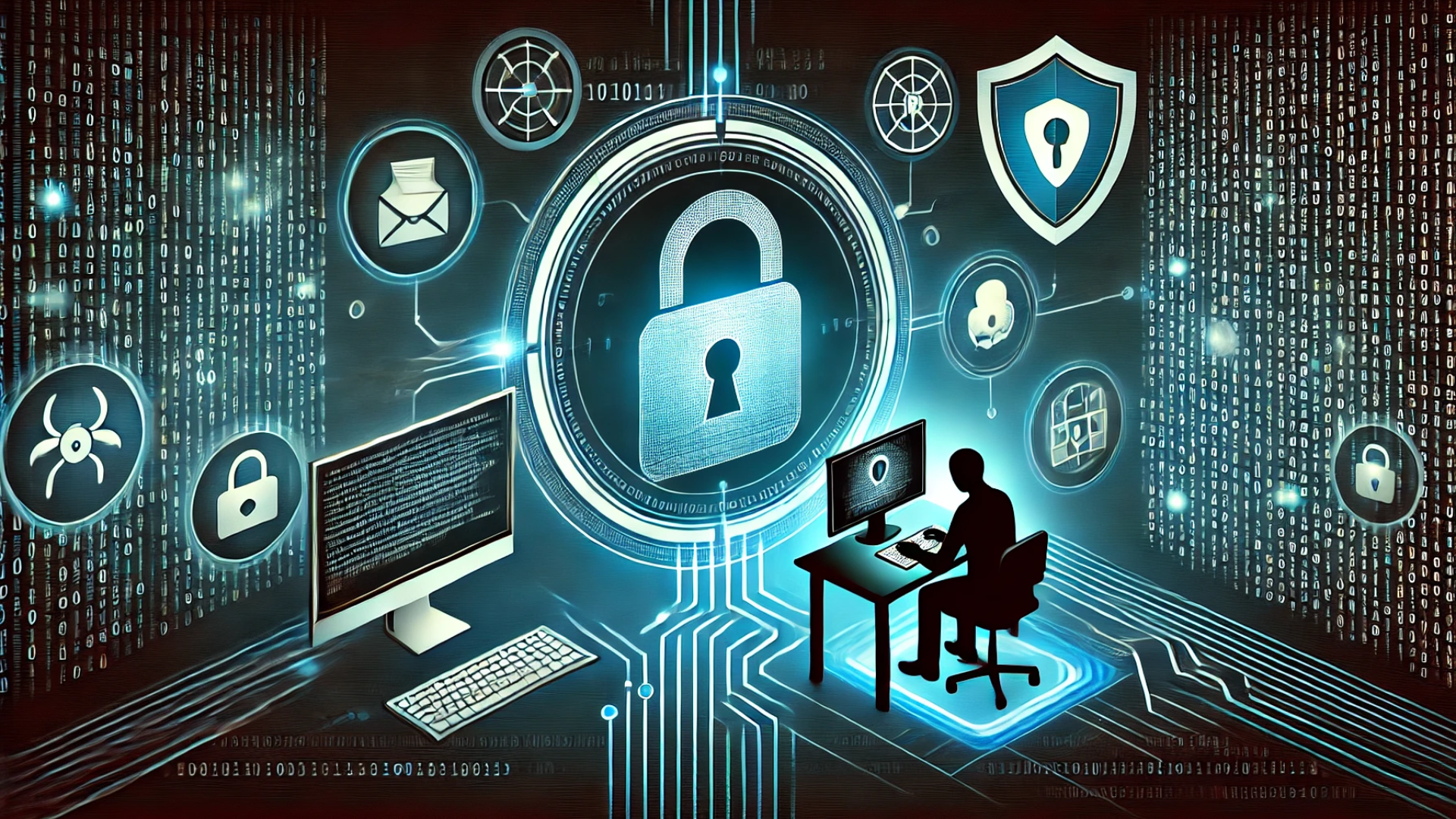
In today’s digital world, cybersecurity is more important than ever. With increasing threats from cyber-attacks, phishing scams, and data breaches, it’s crucial to understand the laws in place to protect our information. In India, several laws and regulations have been enacted to ensure a secure cyber environment. Let’s break down these laws in simple terms to help you stay informed and protected.
Key Cybersecurity Laws in India
1. Information Technology Act, 2000 (IT Act)
The IT Act is the cornerstone of India’s cybersecurity framework. It addresses various cybercrimes and provides legal recognition to electronic transactions.
Key Provisions:
- Cybercrimes: Defines offenses like hacking, identity theft, and cyber terrorism.
- Digital Signatures: Legal recognition and security measures for digital signatures.
- Data Protection: Guidelines for handling sensitive personal data.
2. IT (Amendment) Act, 2008
This amendment strengthens the original IT Act by addressing newer forms of cybercrimes and increasing penalties.
Key Provisions:
- Cyber Terrorism: Increased focus on preventing cyber terrorism.
- Data Breach Reporting: Obligations for companies to report data breaches.
- Intermediary Liability: Defines the responsibilities of online platforms regarding user-generated content.
3. Personal Data Protection Bill, 2019 (PDP Bill)
Although still in the draft stage, the PDP Bill is set to become a comprehensive law governing data protection in India.
Key Provisions:
- Consent: Requires explicit consent for data collection and processing.
- Data Localization: Certain data must be stored within India.
- Rights of Individuals: Provides individuals with rights to access, correct, and erase their data.
4. National Cyber Security Policy, 2013
This policy outlines the strategies to protect India’s cyber infrastructure and promotes a secure cyberspace.
Key Provisions:
- Security Framework: Establishes a framework for securing government and private data.
- Cyber Awareness: Promotes awareness programs and training.
- Incident Response: Guidelines for responding to cyber incidents.
Implications for Businesses and Individuals
Understanding these laws is crucial for both businesses and individuals. Let’s look at how these regulations impact different stakeholders:
For Businesses
- Compliance Requirements: Companies must adhere to data protection regulations, including data localization and breach reporting.
- Penalties: Non-compliance can result in hefty fines and legal action.
- Cyber Hygiene: Implementing robust cybersecurity measures is essential to prevent breaches.
For Individuals
- Data Privacy: Individuals have the right to know how their data is used and to protect their personal information.
- Awareness: Staying informed about phishing scams and other cyber threats helps in safeguarding personal data.
- Legal Recourse: Victims of cybercrimes have the legal backing to take action against offenders.
New Cyberattacks in the Internet World: What You Need to Know
Conclusion
Cybersecurity laws in India are evolving to address the growing digital threats. Staying informed about these laws helps ensure compliance and protection against cybercrimes. Whether you’re a business owner or an individual, understanding your rights and responsibilities in the cyber world is crucial.
By adhering to these regulations, we can contribute to a safer digital environment for everyone.
FAQs
Q1: What is the main law governing cybersecurity in India?
A1: The primary law is the Information Technology Act, 2000, along with its 2008 amendment.
Q2: What is the Personal Data Protection Bill, 2019?
A2: The PDP Bill is a proposed law aimed at regulating personal data protection in India, emphasizing user consent and data localization.
Q3: How does the IT Act, 2000 address cybercrimes?
A3: The IT Act defines various cybercrimes like hacking, identity theft, and provides penalties for such offenses.
Q4: What should businesses do to comply with cybersecurity laws?
A4: Businesses should implement robust cybersecurity measures, report data breaches, and ensure compliance with data protection regulations.
Q5: How can individuals protect their data online?
A5: Individuals should stay informed about cyber threats, use strong passwords, and be cautious about sharing personal information online.
For more detailed information on cybersecurity practices and legal updates, keep an eye on government websites and trusted news sources. Stay safe and secure!

